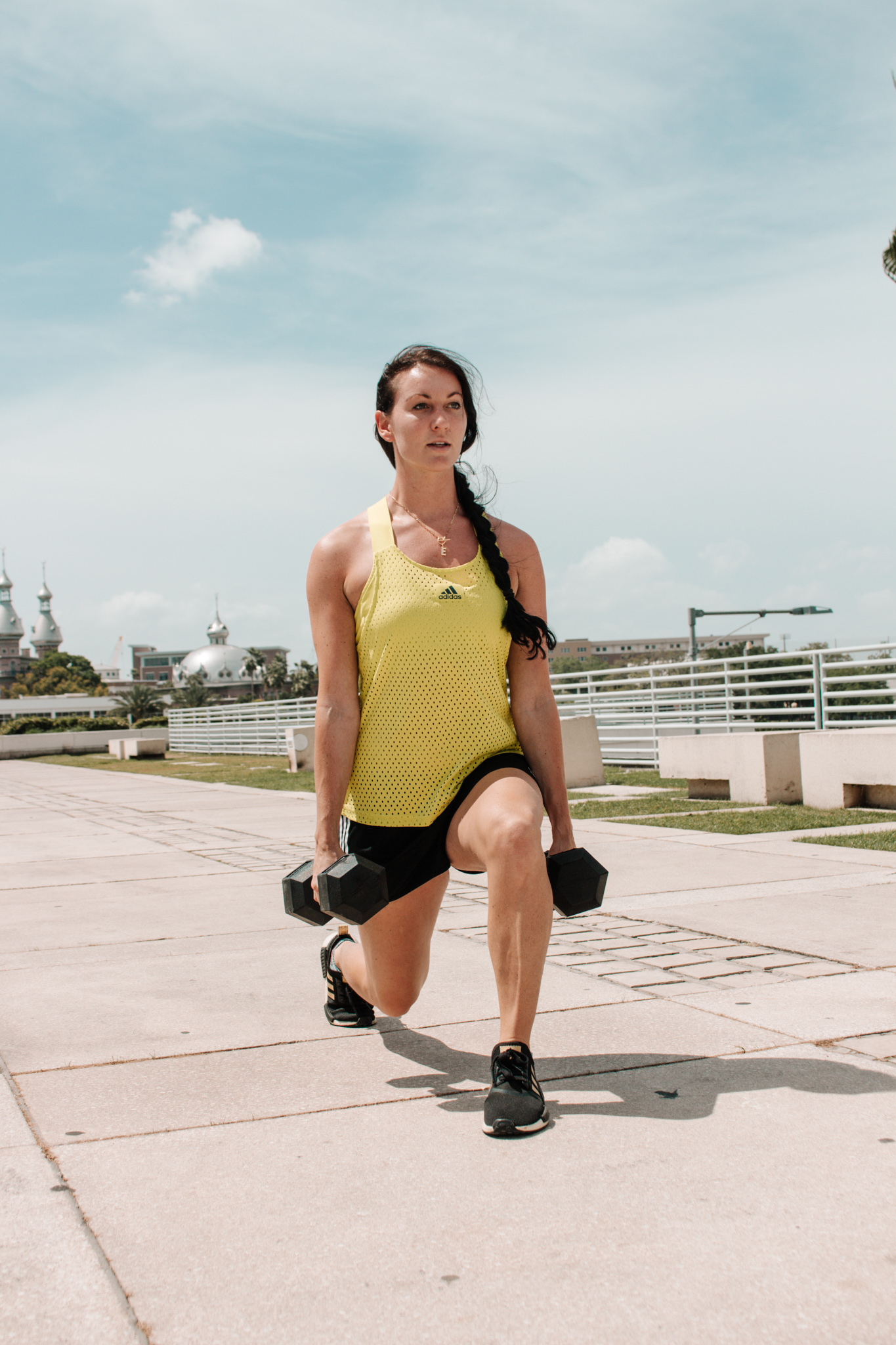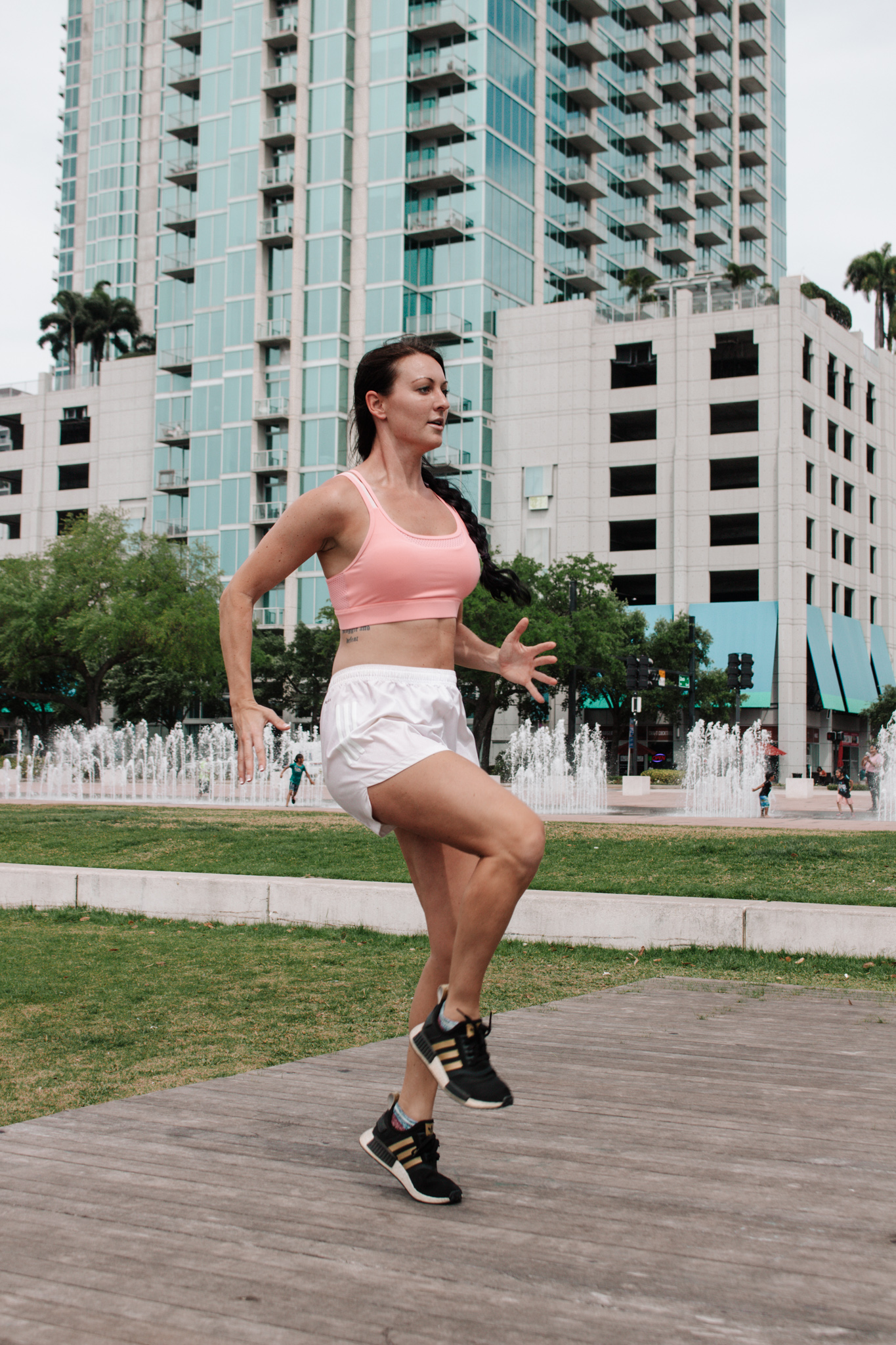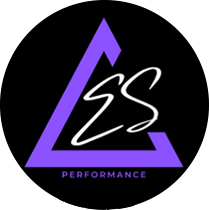
18 Aug Love for Movement is Important for Kids, Crucial for Adults
“The vision of a champion is bent over, drenched in sweat, at the point of exhaustion, when nobody else is looking.” – Mia Hamm
I stumbled into the house after dark. Drenched in sweat, rose colored cheeks, with a gradual calming of my huffing and puffing. It took me a while to catch my breath after three hours grappling and fighting with my brother and his friends.
Okay, we weren’t fighting, but we were impersonating Stone Cold Steve Austin and The Undertaker from WWE. We imitated the pinning, the rolling, the escaping from a lock, the body slams, and even the fake chair hits.
We were just elementary school kids doing ridiculous shenanigans. Unsupervised.
In today’s world, this all sounds foolish, almost dangerous, to the modern parent who wants to bubble wrap their girl from the uncertainty of the neighborhood environment and ensure they don’t scrape a knee or get a boo-boo.
Though full of plenty of bruises, cuts and wounds, these years were the most defining of my life – the ages between 5-13 when all I did was leave the house for long days of physical adventure and movement. No parents allowed.
Wrestling wasn’t the only activity we engaged in for a marathon of hours into the night. We also did Capture the Flag, tackle football, baseball, dodgeball, handball, Four Square, and Wall Ball. As the only girl in the group, I learned at a young age how to compete and rise to the occasion against stronger and bigger opponents. Losing a plethora of times crushed every ounce of my soul, but I mustered up the competitive fire within me to beat the boys. I threw far too many crying fits, but the good news was, I found inside me the passion to compete.
I learned grit. I learned determination. I learned challenging myself. I learned failing. I learned standing up for myself.

I learned my body was capable of so many feats of strength, and malleable it was to adapt to new environments. My body figured out how to maneuver, how to run, how to stay balanced, how to shield itself, how to sprint, how to turn, how to twist, and how to be agile. While my body became strong, so did my brain. I learned how to be assertive, set boundaries, navigate disagreements, control aggressive impulses, problem solve – all in the neighborhood. No amount of structured schooling and rehearsed trainings could have taught me these crucial life skills.
Movement was built in me during an optimal time in my youth – when brain needed as much variety and novelty for wiring new neural connections. Mind you, I had no clue during this time my brain was growing and becoming sharper, and my athleticism was blossoming from the innocent, free play in the neighborhood. I developed all the basic motor skills I needed to one day enhance my sport specific skills and manifest my dreams of playing college soccer. I developed all the social skills to one day become successful as an entrepreneur and fulfilled in my relationships and life purpose. I developed all the autonomy and independence to not rely on adults or anyone else for answers. I developed personal responsibility over my physical and mental health.
I fell in love with movement early because it was a part of my lifestyle, and I viewed it as fun, creative, spontaneous, and invigorating. Never was movement forced upon me, and never did I develop a bad taste in my mouth toward exercise. We were outside playing because we were filled with joy making up games, sprinting after one another, and roughhousing in the grass. In fact, my parents had to yell at us to come inside, whereas nowadays, parents must cajole kids to go outside. Had my parents forced me into structured trainings during the elementary years, I’m not so sure I’d have a good taste in my mouth regarding movement.
Fast forward to today, I’m a post-college All-American athlete who still loves to move and strengthen my body as it continues to age. While many people worry about aging because of the inevitable musculoskeletal and cognitive decline, I get excited about it because I know how adaptable the human system is to overcome these processes.
Today, I feel in better shape, stronger, and more powerful than I was at the apex of my college career. Movement is a lifelong sport, and I am thankful to still be playing it today with more passion than ever before, and I invite all female athletes to start their journey of physical and mental strength, and be strong female athletes for a lifetime, even when they play their last competitive game.
Love for movement is important for kids, but crucial for adults.
Get the TOTAL YOUTH SOCCER FITNESS EBOOK ON SALE FOR JUST $29 HERE
For coaching education, a 15 Module video library and in depth Zoom sessions on training the youth female athlete, join my FEMALE ATHELTE FITNESS MENTORSHIP HERE


Shane K McLean
Posted at 00:55h, 24 AugustLove this coach. Spot on. I wrestled with my kids all the time when they were younger.
erica
Posted at 12:07h, 24 AugustThanks, Coach!